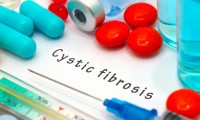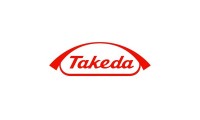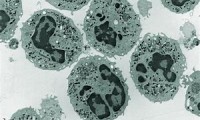-
Gout Treatment – Shift from Phase 2 to Phase 3 Trial
- Source: FierceBiotech
- 509
- June 21, 2018
-
Calliditas Therapeutics Files to Raise $75 M for Kidney Disease Trial
- Source: Fierce Biotech
- 724
- June 15, 2018
-
IPO Filed by Translate for Undertaking Fibrosis Treatment Trial
- Source: Ddu
- 574
- June 6, 2018
-
Urotronic gets OK for advanced trial to treat narrowed urethras
- Source: StarTribune
- 1,911
- April 26, 2018
-
UCSD launching pilot trial of glucose-sensing ‘tattoo’
- Source: MobiHealthNews
- 597
- April 25, 2018
-
How do Clinical Wearables Impact Patient Care and Quality of Life?
- Source: Hit Consultant
- 1,019
- April 10, 2018
-
Calorie restriction trial in humans suggests benefits for age-related disease
- Source: sciencedaily
- 571
- April 2, 2018
your submission has already been received.
OK
Subscribe
Please enter a valid Email address!
Submit
The most relevant industry news & insight will be sent to you every two weeks.













